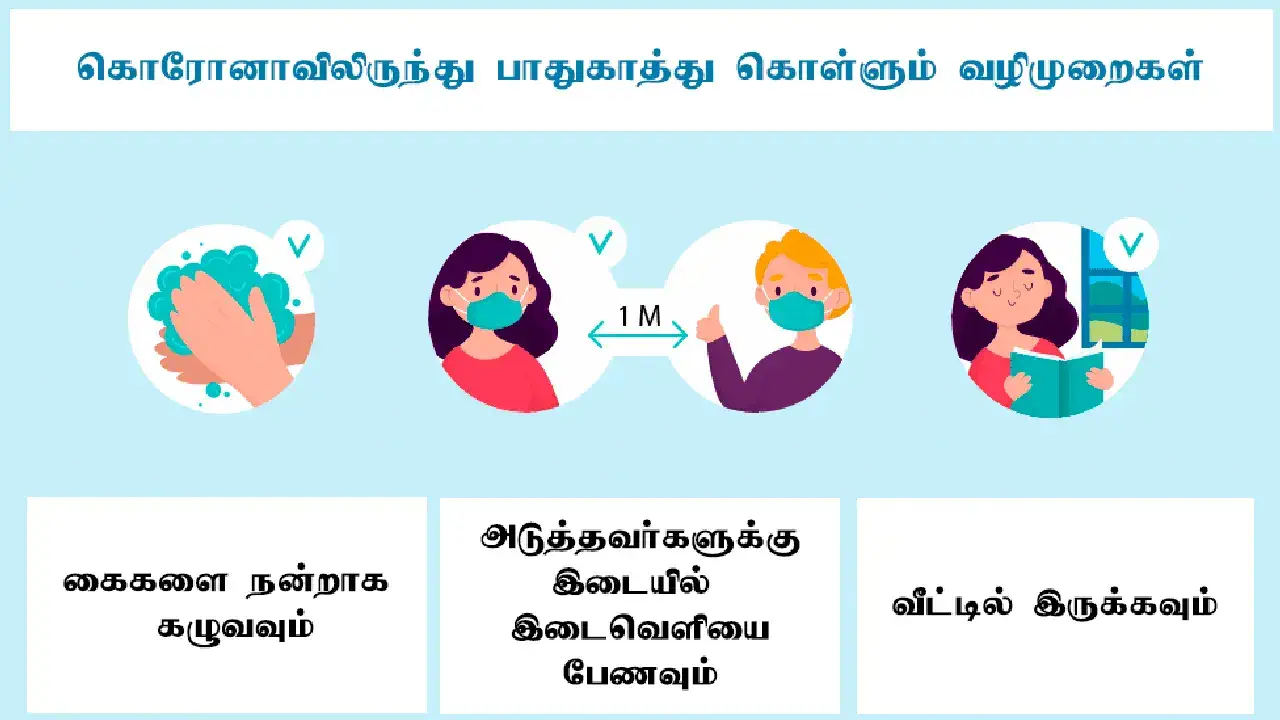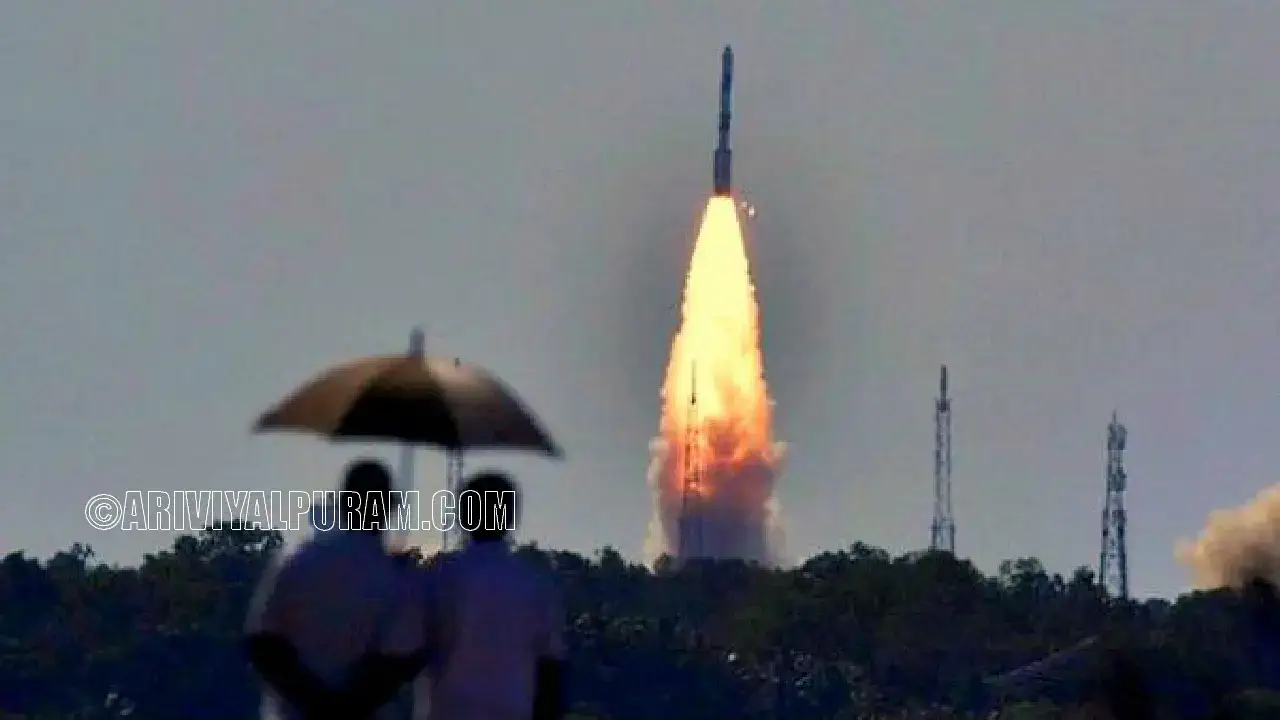
காற்று மாசுபாடு மற்றும் எரிபொருள் சக்தியான கச்சா எண்ணெய் இறக்குமதியை அதிகமாக குறைக்கும் முனைப்பின்கீழ், மின்வாகன திட்டமொன்றில் (e-vehicle project) இந்தியாவின் விண்வெளி ஆராய்ச்சி நிறுவனமான இஸ்ரோ இணைந்துள்ளது
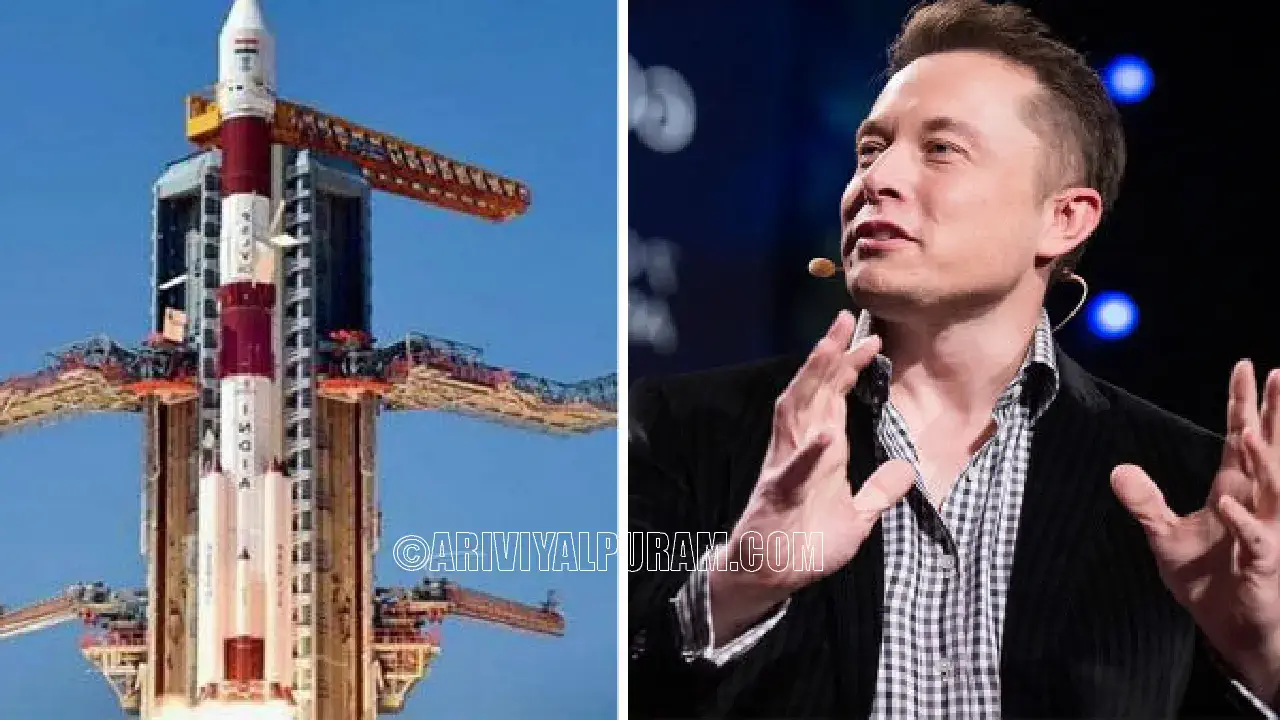


இதன் விளைவாக மிகவும் மலிவான விலையில் ஸ்பேஸ் பேட்டரிகள் உருவாக்கப் படவுள்ளது. அத்தோடு நின்று விடாமல், செயற்கைகோள்களுக்காக மற்றும் ராக்கெட்டுகளுக்காக உருவாக்கப் படவுள்ள ஸ்பேஸ் பேட்டரிகளானது நாட்டின் இ-வாகனங்களையும் (Electric Vehicles) சக்தியூட்டவுள்ளது.
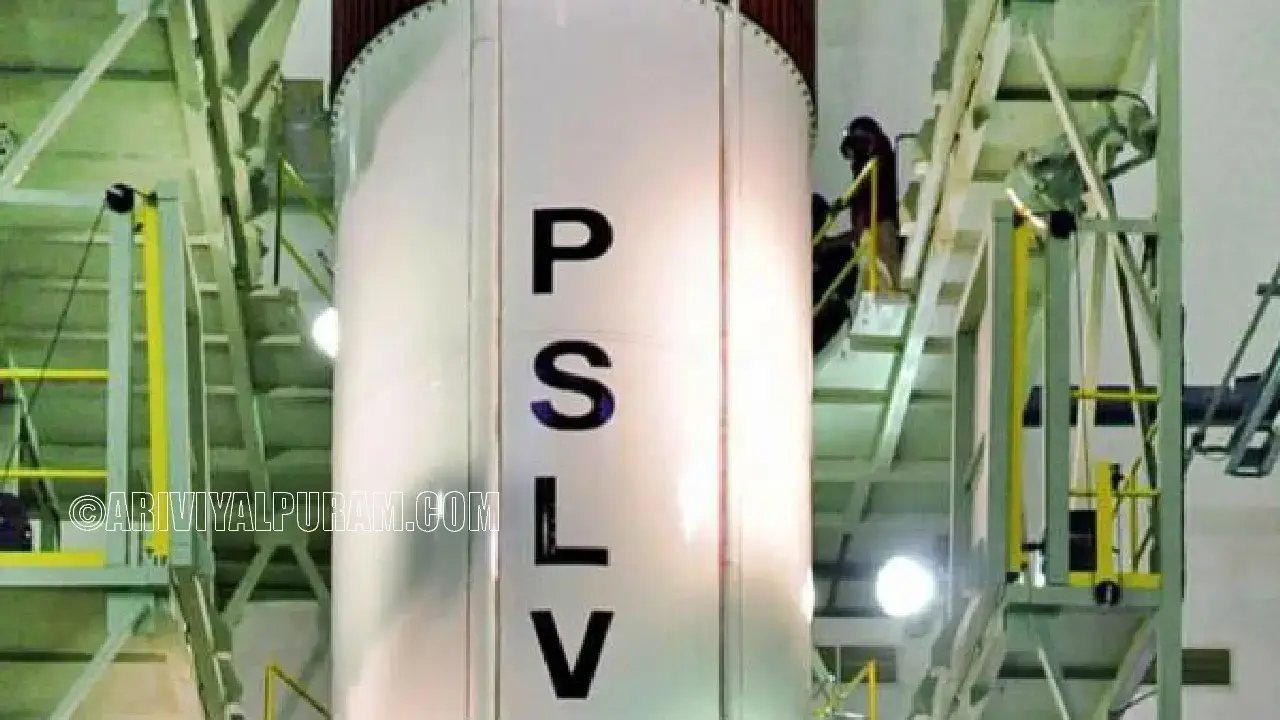


அதனை உறுதிசெய்யும் வண்ணம், விண்வெளித் துறையின் அவுட்சோர்ஸிங் ஊக்குவிப்பை மேம்படுத்தும் இந்த திட்டத்தில், இந்தியாவின் இஸ்ரோ நிறுவனம் பாரத் ஹெவி எலக்ட்ரிகல்ஸ் லிமிடெட் (பிஹெச்எல்) ஒப்பந்தத்தின் அடிப்படையில், ஆண்டுக்கு 10,000 ஸ்பேஸ் பேட்டரிகளை தயாரிக்கவுள்ளது.
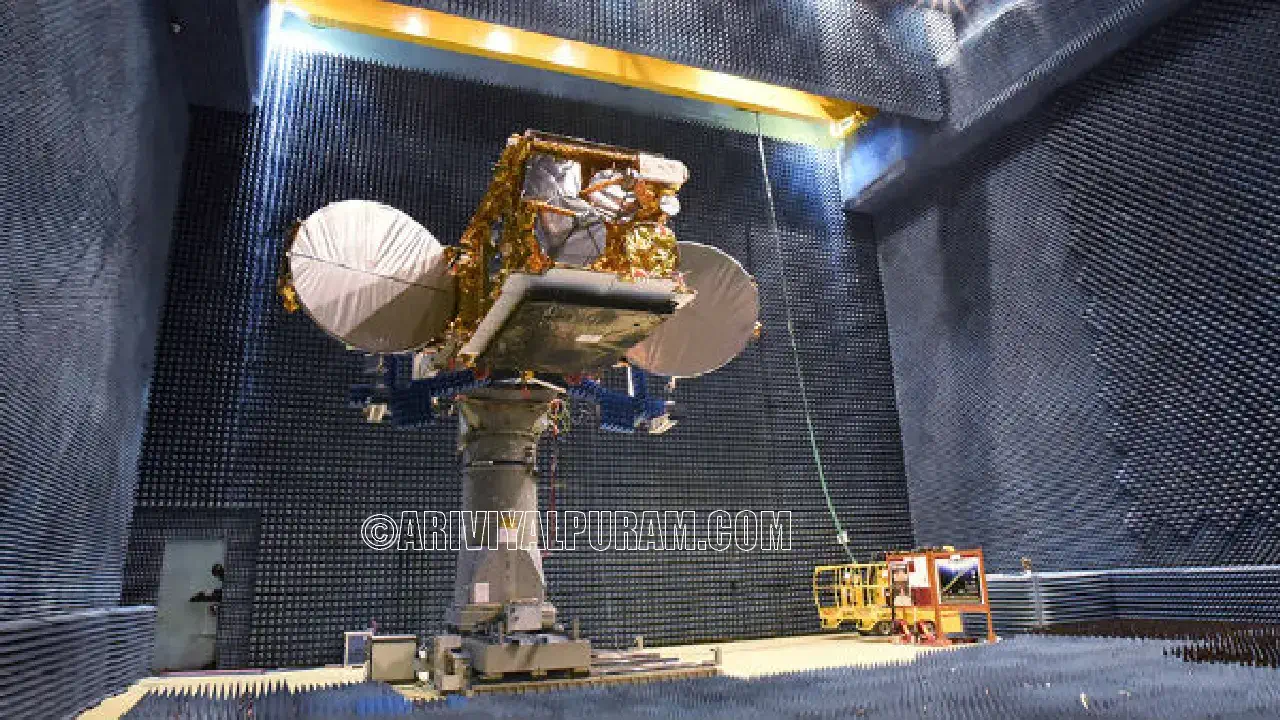


ஜிஎஸ்எல்வி (GSLV) அல்லது பிஎஸ்எல்வி (PSLV) போன்ற ஒரு ராக்கெட்டில், 500 முதல் 700 ஸ்பேஸ் பேட்டரிகள் பயன்படுத்தப்படுகின்றன. இதே பேட்டரிகள் தான் செயற்கைக்கோள்களிலும் பயன்படுத்தப்படுகின்றன.
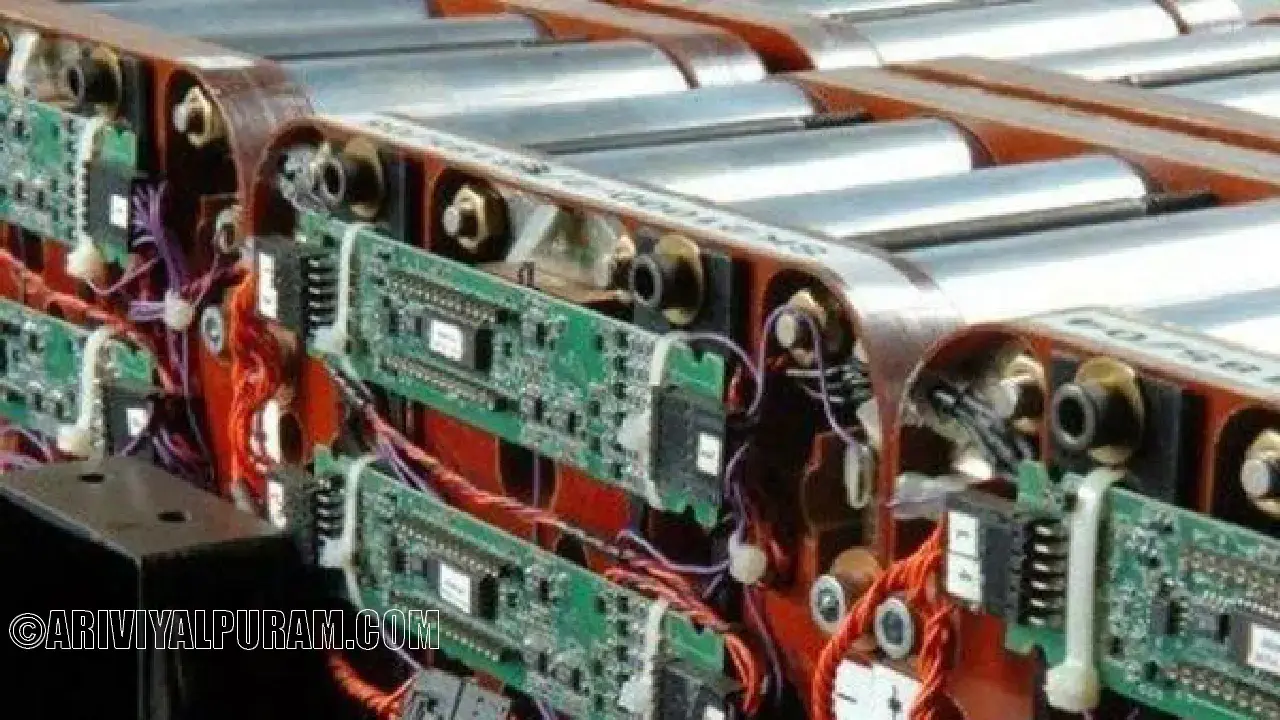


மேலும் சொல்லப்போனால் சென்ற ஆண்டு ஜூன் மாதம் 5-ஆம் தேதி ஏவப்பட்ட இஸ்ரோவின் மிகப்பெரிய ராக்கெட் ஆன ஜிஸ்எல்வி மார்க்-3 மற்றும் மிகபெரிய எடை கொண்ட உள்நாட்டு செயற்கைக்கோளான ஜிசாட்-19 ஆகியவற்றில் கூட இந்த பேட்டரிகள் தான் பயன்படுத்தப்பட்டுள்ளன.
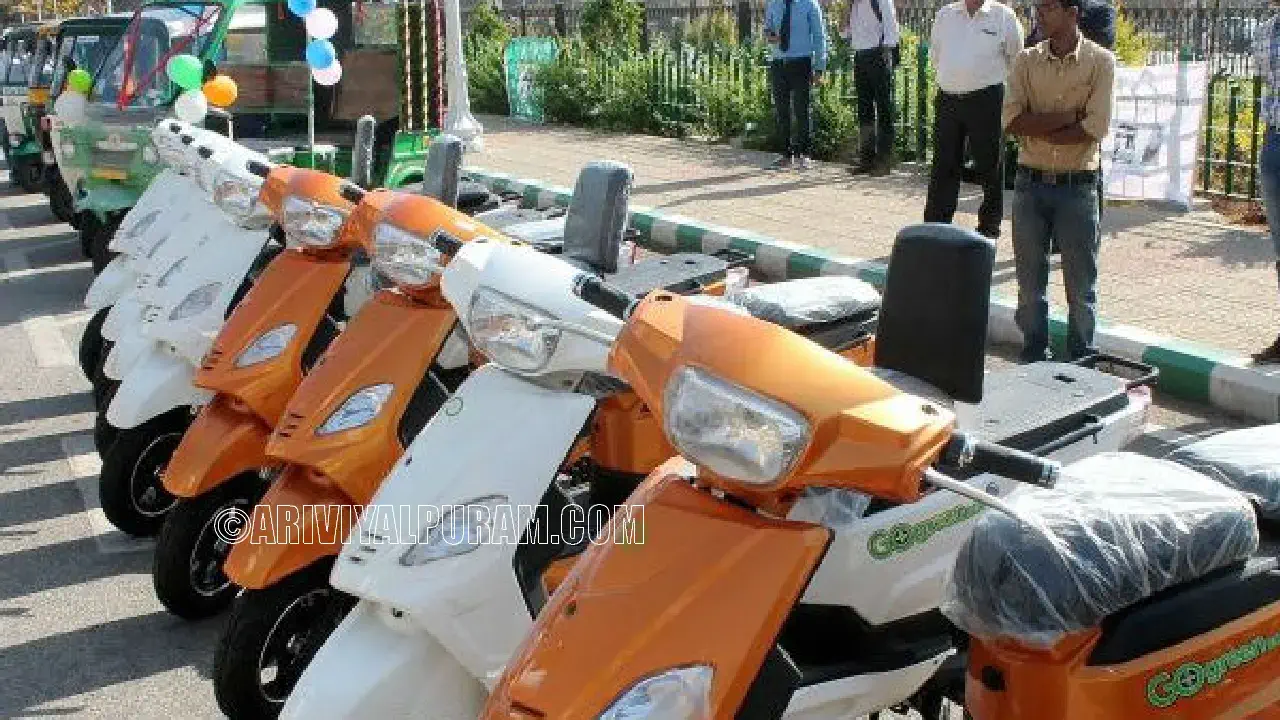


இஸ்ரோவின் இந்த நடவடிக்கை மூலம் ஜப்பான் அல்லது சீனாவில் இருந்து இறக்குமதி செய்யப்படும் லி-அயன் பேட்டரிகளின் வரத்து மிகக்குறையும். ஏனெனில் நாட்டில் வணிக ரீதியாக, லி-அயன் பேட்டரிகள் உற்பத்தி செய்யப்படவில்லை என்பது குறிப்பிடத்தக்கது.
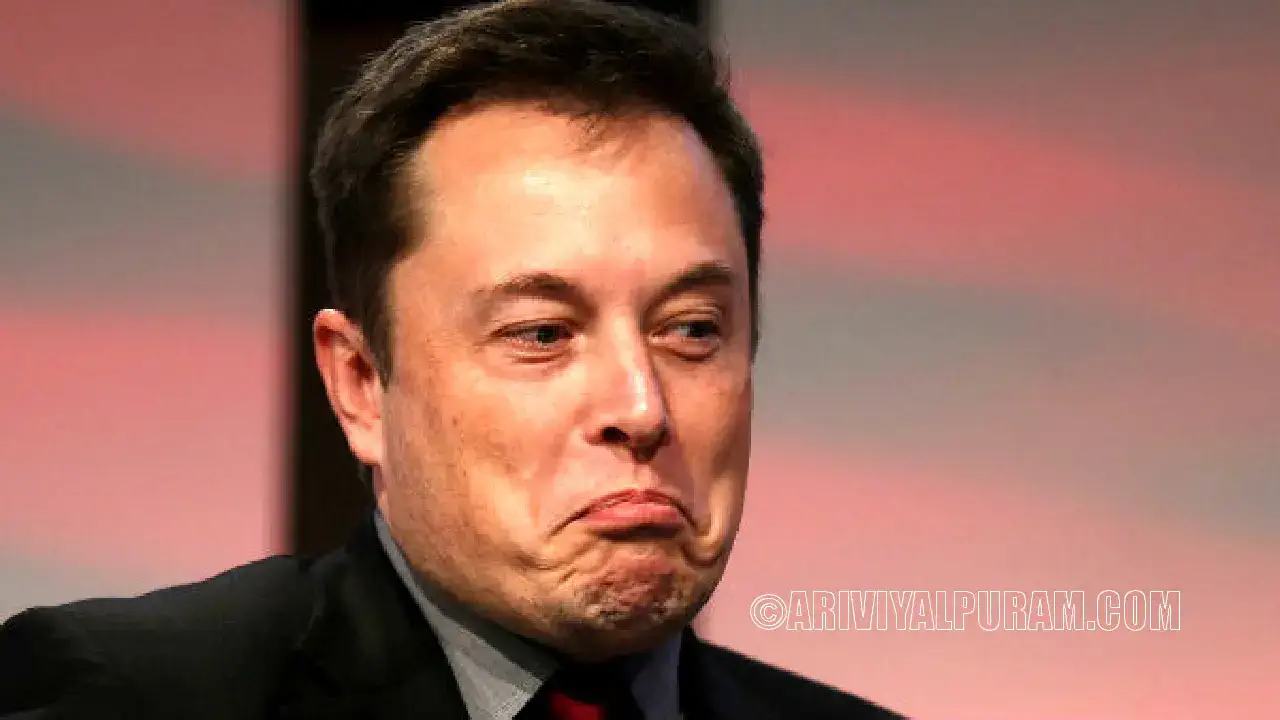


இஸ்ரோ, அதன் விண்வெளி பயன்பாட்டிற்கான நான்கு வகை பேட்டரிகளை உருவாக்கியுள்ளது. அவை 1.5ஏ.எச், 5ஏ.எச், 50ஏ.எச் மற்றும் 100ஏ.எச். இந்த நான்கு பேட்டரிகளில் இ-ஸ்கூட்டர் மற்றும் ஒரு இ-கார் உருவாக்கும் பணிகளுக்கு 50ஏ.எச் மற்றும் 100ஏ.எச் பேட்டரிகளைப் பயன்படுத்த அனுமதி வழங்கப்பட்டது.
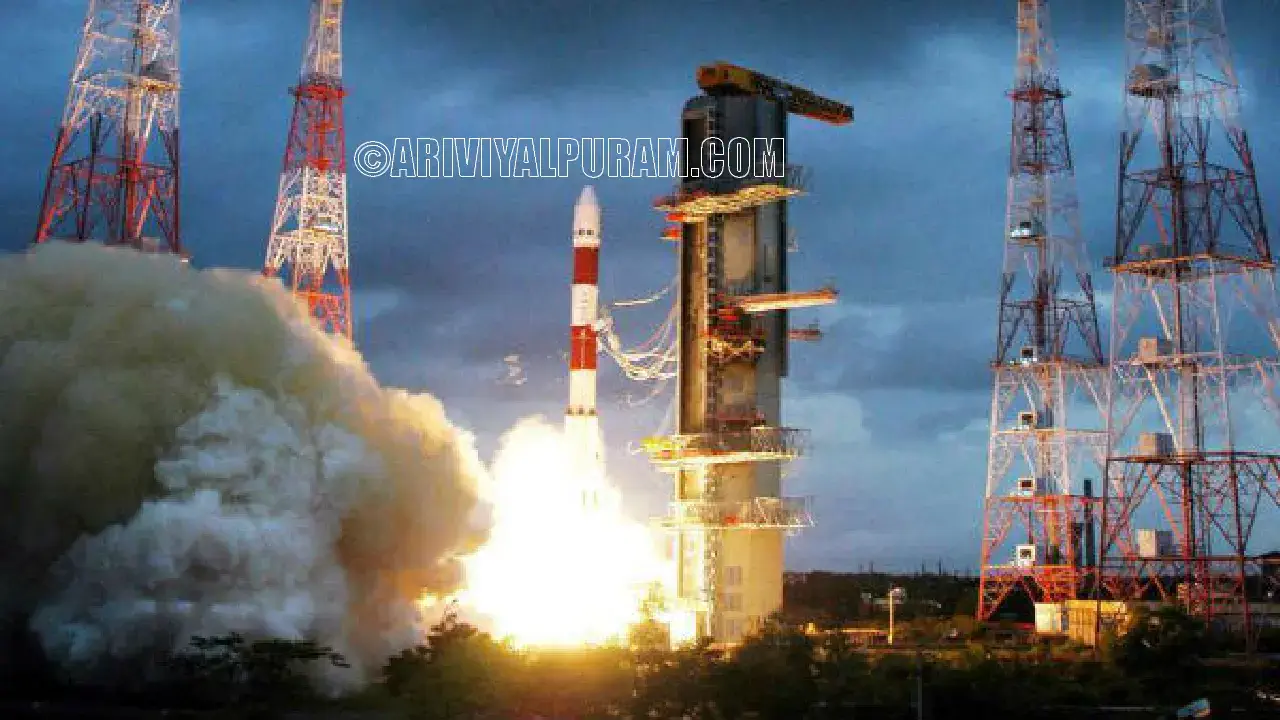


அதாவது இஸ்ரோ, ஆட்டோமொபைல் ரிசர்ச் அசோசியேஷன் ஆஃப் இந்தியாவிற்கு (ஒரு தொழில்துறை ஆட்டோமொபைல் ஆராய்ச்சி சங்கம்) அனுமதி வழங்கியது. அதனைத்தொடர்ந்து உருவாக்கம் பெற்ற முன்மாதிரிகளின் செயல்திறன் திருப்தியாக இருந்ததையடுத்து, ஸ்பேஸ் பேட்டரிகள் தொழிற்துறைக்குள் நுழைகிறது.
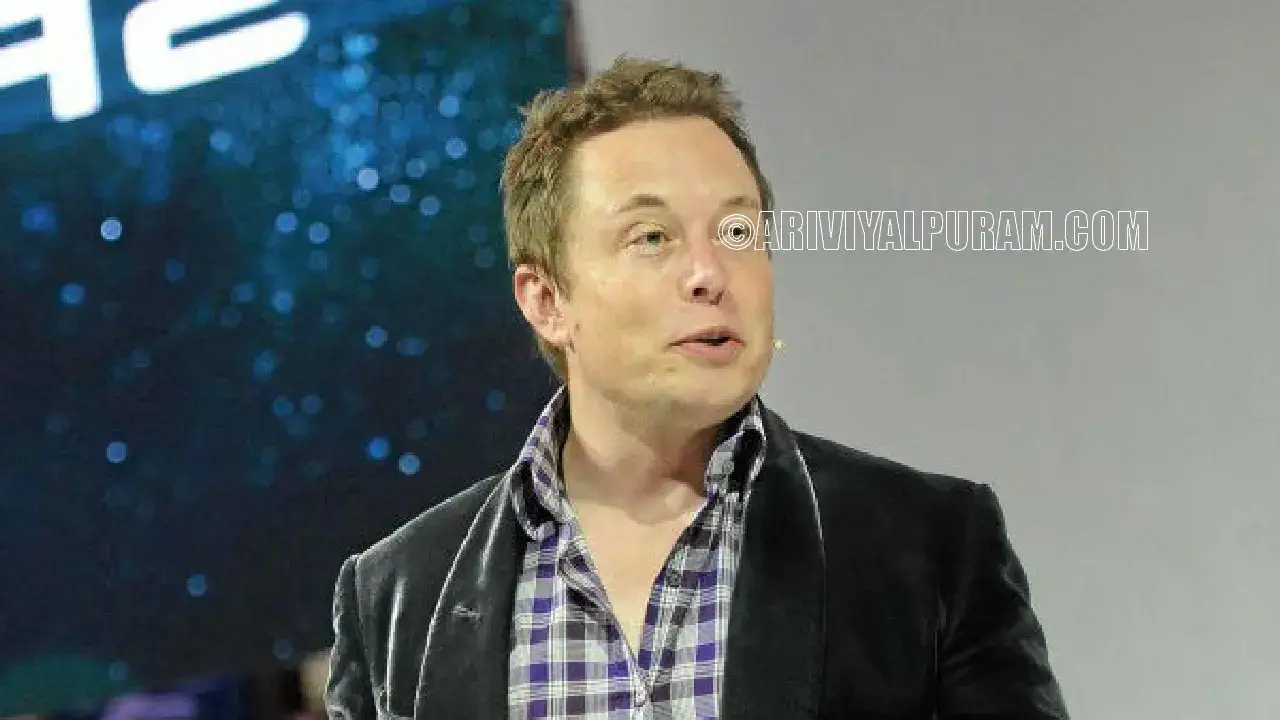


கடந்த ஆண்டு ஆட்டோமொபைல் ரிசர்ச் அசோசியேஷன் ஆஃப் இந்தியா மூலம், 50ஏ.எச் பேட்டரி கொண்டு உருவாக்கம் பெற்ற இரு சக்கர வாகனமொன்று, வெறும் 2 மணிநேர சார்ஜில் சுமார் 40-50 கி.மீ வேகத்தில் 98 கி.மீ வரை இயங்கியது இங்கு குறிப்பிடத்தக்கது.
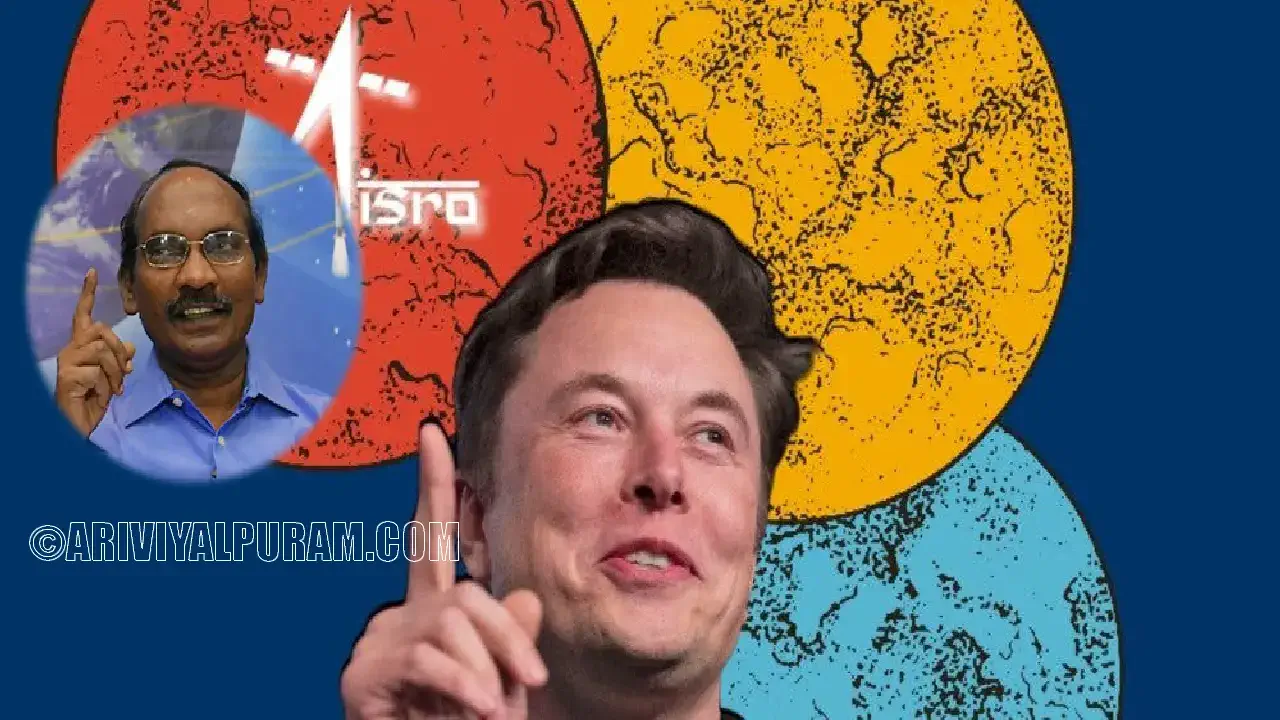


ராக்கெட் தொழில்நுட்ப்பதில் பலவகையான புதுமையை புகுத்தி வரும் அமெரிக்காவின் எலான் மஸ்க்கின் சிந்தனைகளை அமெரிக்க விண்வெளி ஆராய்ச்சி மையமான நாசாவே 100% முழுமையாக ஏற்றுக்கொள்ளாத இந்த நிலைப்பாட்டில், அதேமாதிரியான ஸ்பேஸ் + எலெக்ட்ரானிக் வாகன தயாரிப்பில் இஸ்ரோவின் ஒத்துழைப்பு கிடைத்திருப்பது – நாசாவிற்கான ஒரு பாடமாகவும், எலான் மஸ்க்கிற்கான சரியான போட்டியாவும், இந்தியா, அமெரிக்காவிற்கு சவால் விடும் வகையிலும் இங்கு பார்க்கப்படுகிறது.
India’s ISRO to run US Elon Musk !!!



Indian space agency ISRO has joined an e-vehicle project in a bid to reduce air pollution and fuel crude imports



The result is the creation of space batteries at very affordable prices. In addition, space batteries for satellites and rockets will power the country’s e-vehicles.



To confirm this, India’s ISRO will manufacture 10,000 space batteries a year under a contract with Bharat Heavy Electricals Limited (PHL) to promote the aerospace industry’s outsourcing promotion.



In a rocket, such as GSLV or PSLV, 500 to 700 space batteries are used. The same batteries are used in satellites.



In addition, these batteries have been used in ISRO’s largest rocket, the GSLV Mark-3, launched on June 5 last year, and the heaviest domestic satellite, the Jihad-19.



The move by ISRO will reduce the supply of Li-ion batteries imported from Japan or China. It is noteworthy because Li-ion batteries are not manufactured commercially in the country.



ISRO has developed four types of batteries for its aerospace use. They are 1.5 AH, 5 AH, 50 AH and 100 AH. Permission was granted to use 50AH and 100AH batteries for the construction of the e-scooter and an e-car on these four batteries.



That is, ISRO granted permission to the Automobile Research Association of India (an industrial automobile research association). As the performance of the prototypes developed there was satisfactory, space batteries entered the industry.



Last year, by the Automobile Research Association of India, a two-wheeler powered by a 50Ah battery ran at a speed of about 40-50 kmph for 98 km on a mere 2-hour charge.



In this situation where NASA, the US space research center, does not fully accept the ideas of Elon Musk of the United States, who is innovating in rocket technology, ISRO’s cooperation in the production of similar space + electronic vehicles is a lesson for NASA, and India is a perfect match for Elon Musk.



